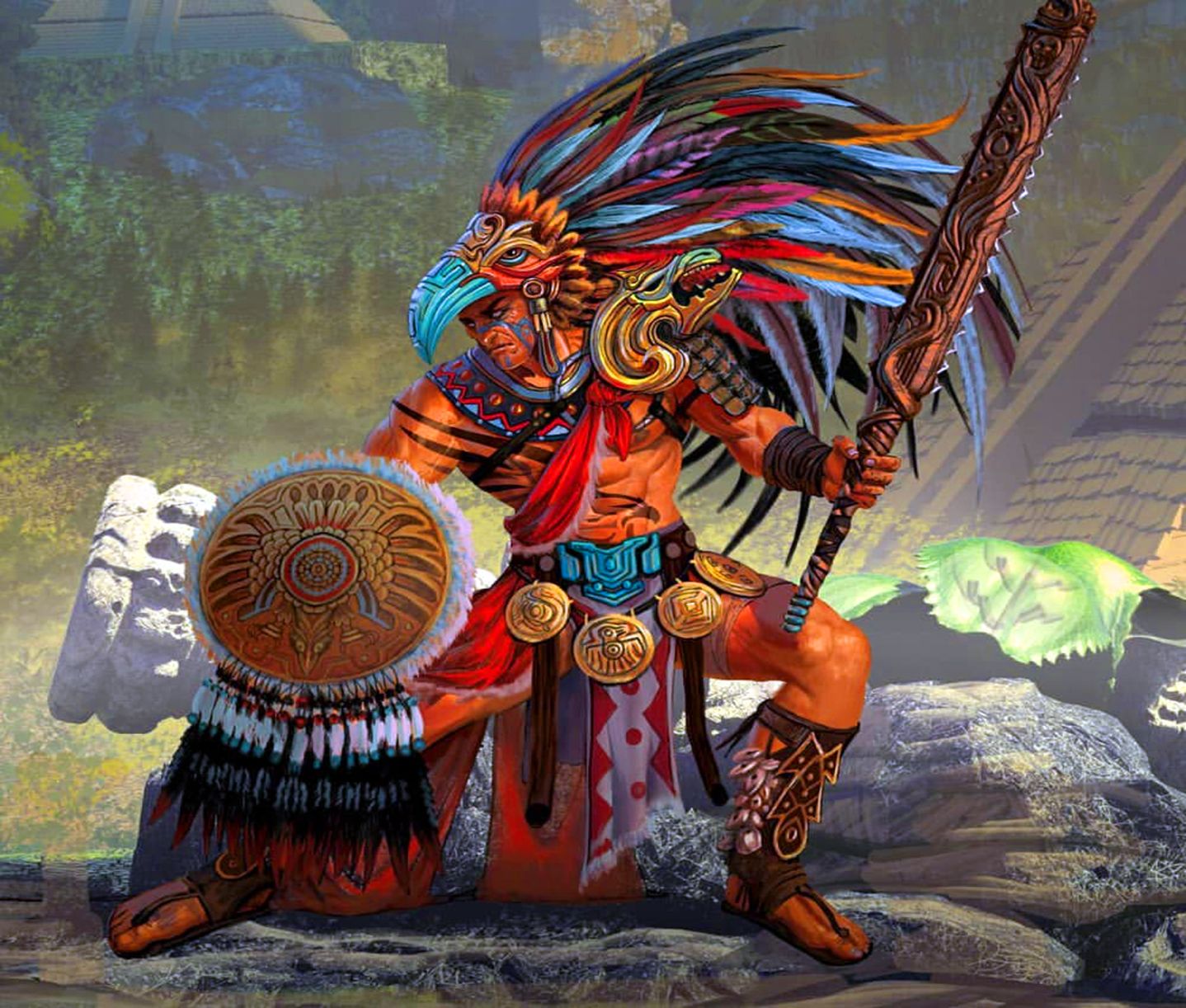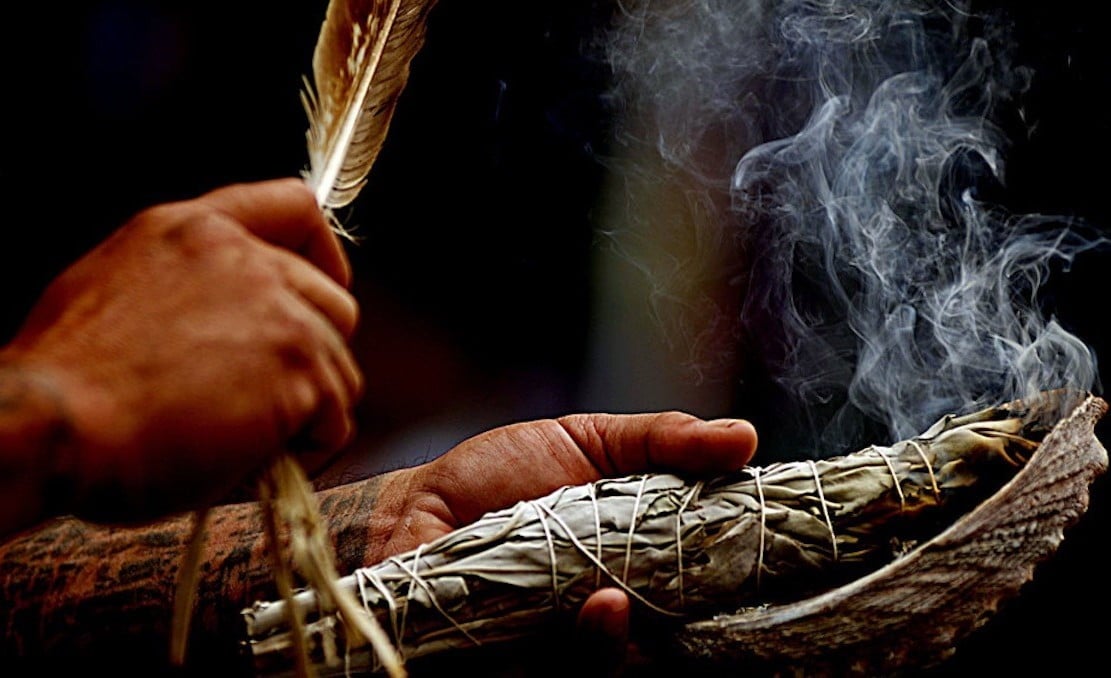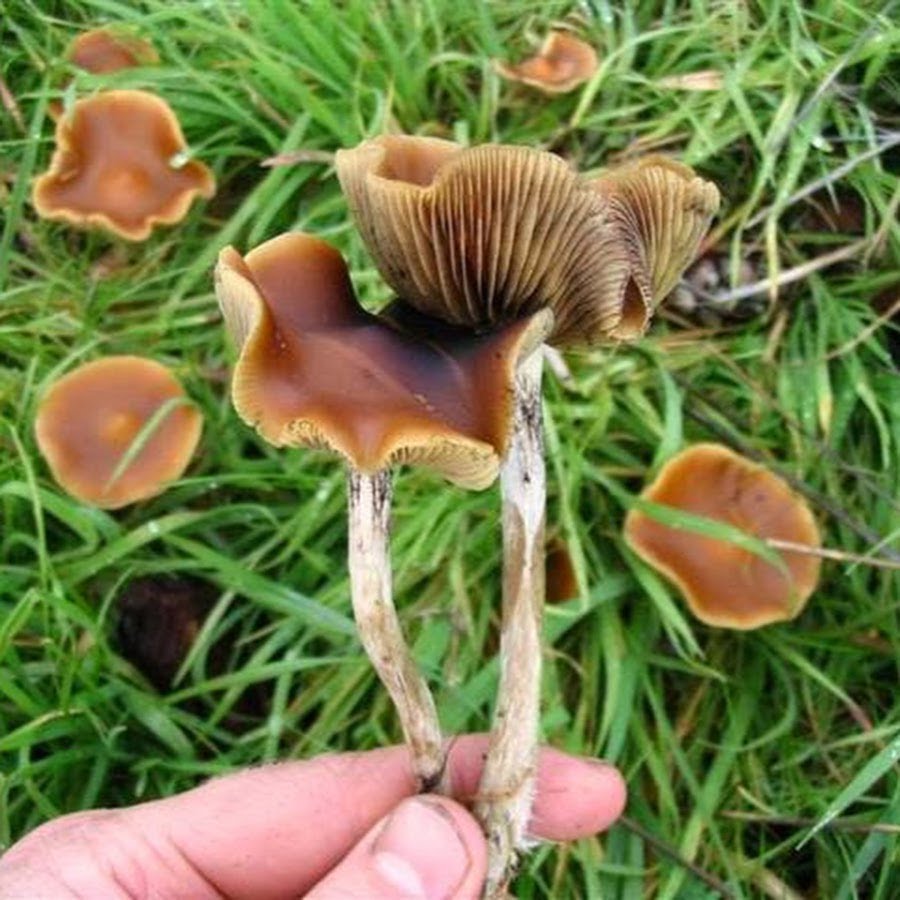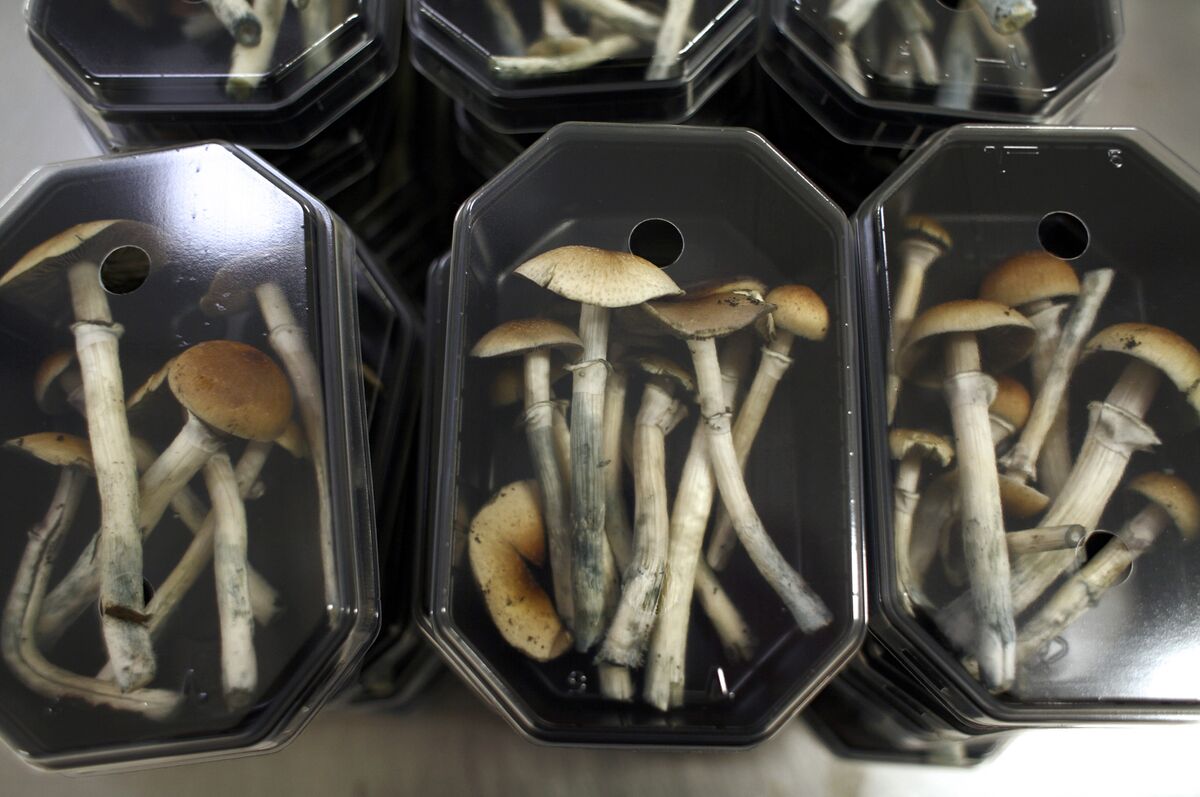News
The Fascinating History of Magic Mushroom Use in Indigenous Cultures
Magic mushrooms have been used by indigenous cultures for thousands of years for their spiritual and medicinal properties. These cultures believed that the mushrooms had the power to connect them with the divine, and they were used in shamanic rituals to induce altered states of consciousness. Today, these mushrooms are still used recreationally and medicinally around the world. In this article, we will explore the history of magic mushroom use in indigenous cultures, their significance in spiritual practices, and their current status in modern society.
Early Uses of Magic Mushrooms
For thousands of years, indigenous tribes around the world have used magic mushrooms for their medicinal and spiritual properties. In Mexico, for example, the Aztecs used psilocybin mushrooms in their religious ceremonies, believing that they connected them with their gods. The Mazatec people of southern Mexico have used magic mushrooms for generations, using them in shamanic healing practices and spiritual rituals. In South America, the indigenous people of the Amazon have used ayahuasca, a brew made from plants containing DMT and MAO inhibitors, to induce powerful visionary experiences and connect with the spirit world. And in Africa, the ancient Bantu people have used iboga, a root containing ibogaine, for healing, divination, and spiritual growth. The early use of magic mushrooms by these indigenous cultures reflects their deep understanding of the natural world and their connection to it, as well as their reverence for the power of plants and fungi to heal and transform.
Aztecs and the Divine Mushroom

The Aztecs, who ruled over much of Mexico from the 14th to the 16th century, had a deep reverence for magic mushrooms. They believed that these fungi were a divine gift from the gods, and they used them in religious ceremonies to communicate with their deities. In particular, the Aztecs associated magic mushrooms with the goddess Xochiquetzal, who was the patroness of love, fertility, and beauty. According to Aztec mythology, Xochiquetzal gave the first magic mushroom to humans as a gift of wisdom. The Aztecs consumed magic mushrooms during important festivals and rituals, believing that they could bring about a closer connection with the divine and provide spiritual guidance. The depiction of mushrooms in Aztec art, such as the famous “Mushroom Stone” and various codices, shows the importance and reverence placed upon these sacred fungi by the Aztecs.
The Role of Mushrooms in Shamanic Practices

Magic mushrooms have played a significant role in the shamanic practices of many indigenous cultures throughout history. Shamans, or spiritual leaders, were believed to have a special connection with the spiritual world and were responsible for maintaining the well-being of their communities. In many cultures, magic mushrooms were considered to be a tool for communication with the divine and were used by shamans to enter altered states of consciousness. These altered states were believed to allow the shaman to gain insight and knowledge about the spiritual world and to heal members of their community. The shaman would often lead rituals and ceremonies in which magic mushrooms were consumed, and their experiences were seen as a source of guidance and wisdom. Today, the use of magic mushrooms in shamanic practices is still prevalent in some indigenous communities, highlighting the cultural and spiritual significance of these substances.
The Western Discovery of Magic Mushrooms

In the early 20th century, Western scientists and researchers began to take an interest in the use of hallucinogenic plants in indigenous cultures. In the 1950s, Robert Gordon Wasson, a banker and amateur mycologist, traveled to Mexico with his wife Valentina in search of the sacred mushroom ceremonies he had heard about from a Mazatec curandera (healer). The curandera introduced Wasson to the psychoactive mushroom known as teonanácatl, which had been used in indigenous ceremonies for centuries. Wasson was the first Westerner to participate in a mushroom ceremony and documented his experience in a Life magazine article in 1957, introducing magic mushrooms to the Western world. Wasson’s work sparked a renewed interest in psychedelic substances, leading to further research and experimentation in the following decades. However, the Western reception of magic mushrooms has been controversial, with some advocating for their therapeutic potential while others condemn their use as dangerous and reckless.
Modern Use of Magic Mushrooms

Magic mushrooms have gained significant attention in modern society, not only for their mind-altering effects but also for their potential therapeutic benefits. However, the legality of psilocybin mushrooms remains a contentious issue in many parts of the world. In the United States, for example, the possession and use of magic mushrooms are illegal under federal law. However, in recent years, several cities and states have decriminalized or legalized their use for medicinal or spiritual purposes. In addition, research has shown promising results for the use of psilocybin in treating depression, anxiety, and addiction. Some therapists and healthcare professionals are even exploring the use of psychedelic-assisted therapy as a way to enhance mental health treatment. As the conversation around psychedelics continues to evolve, it will be interesting to see how their use in modern society develops and how their potential therapeutic benefits are further explored and utilized.
Cultural Appropriation and Respectful Use
As the popularity of psychedelics and magic mushrooms continues to grow, it’s important to address the issue of cultural appropriation and the respectful use of these substances and indigenous practices. The use of magic mushrooms has been a part of indigenous cultures for centuries, and it’s crucial to acknowledge and honor their traditions. Many indigenous communities have faced oppression and discrimination, and their cultural practices have often been co-opted and exploited by outsiders. When using magic mushrooms, it’s important to approach the experience with respect and a willingness to learn about the cultures from which these practices originated. This includes acknowledging the historical and cultural significance of magic mushrooms and being mindful of the potential impact of our actions on indigenous communities. We must strive to use these substances in a way that is respectful, responsible, and culturally sensitive.
Magic Mushrooms in Therapy: The Next Frontier of Mental Health Treatment

As the use of magic mushrooms gains more attention and acceptance, the future of these substances is filled with possibilities. One promising avenue is the use of magic mushrooms in therapy. Research has shown that psilocybin, the main active ingredient in magic mushrooms, has the potential in treating various mental health conditions, including depression, anxiety, and addiction. There are already ongoing clinical trials exploring the therapeutic potential of magic mushrooms, and if successful, they could provide a new approach to mental health treatment. However, it is important to note that there are still legal and ethical considerations that need to be addressed before the widespread therapeutic use of magic mushrooms can become a reality. Additionally, continued scientific research into the effects and potential benefits of magic mushrooms is crucial. As with any substance, responsible use and education about its effects and risks are essential for their safe and effective use in the future.
Exploring the Cultural Significance and Contemporary Use of Magic Mushrooms
The history of magic mushroom use in indigenous cultures is a rich and fascinating topic that sheds light on the spiritual and medicinal practices of these cultures. Today, magic mushrooms continue to be used around the world for their therapeutic and recreational effects. However, it is important to remember the cultural significance of these mushrooms and to use them respectfully and responsibly. By exploring their history and significance, we can gain a greater understanding and appreciation for the power of these mystical fungi.


